 |
| Wagner: Das Rheingold - Bayreuth Festival (©Bayreuther Festspiele / Enrico Nawrath) |
Reviewed by Tony Cooper on Aug 23-28 2017 Star rating:
The last cycle of Frank Castorf's intelligent and interesting de-construction of the Ring
Berlin-based, avant-garde, theatre director, Frank Castorf, arrived on the Green Hill in 2013 and made his Bayreuth début with this Ring cycle in celebration of Wagner’s bicentenary. A renowned deconstructionist and a man for change, he poured plenty of new ideas and creative energy into his production which at first divided audiences but over the course of the production’s five-year life-cycle it seems to have won them over. Bob Dylan said the times are a-changin’ and Bayreuth’s right there! 2017 saw Castorf's cycle revived for the final time (seen 23-28 August 2017) at the Bayreuth Festival conducted by Marek Janowski with Catherine Foster as Brünnhilde, Stefan Vinke as Siegfried, Iain Paterson, John Lundgren & Thomas J Meyer as Wotan, Albert Dohmen as Alberich, Camilla Nylund as Sieglinde and Christopher Ventris as Siegmund.
 |
| Iain Paterson (Wotan), Nadine Weissman (Erda) - Wagner: Das Rheingold Bayreuth Festival (©Bayreuther Festspiele / Enrico Nawrath) |
Wieland was also derided for his 1956 production of Die Meistersinger von Nürnberg. Stripped of its pageantry, Bayreuth audiences saw it as an outrage and the breaking up of a most ‘sacred German Wagner tradition’. His niece, Katharina Wagner, followed in his wake and received more or less the same treatment for her 2007 production of the same opera. Unfairly so, in my humble opinion.
As for Castorf he was derided, too, mainly for brazenly shifting the scenario of his Ring from its traditional romantic Rhineland setting to the rough-and-tumble world of oil prospecting with scenes set in the USA, Germany and the Soviet Union. Therefore, ‘black gold’ became the treasured Nibelung hoard. But it was just too much for the Bayreuth ‘traditionalists’ to bear and the Bayreuth booing mafia came out in droves. However, the music and libretto remained as Wagner ordered. Nothing changes in this respect. It’s holy ground!
 |
| Wagner: Die Walküre (Act 3)- Bayreuth Festival (©Bayreuther Festspiele / Enrico Nawrath) |








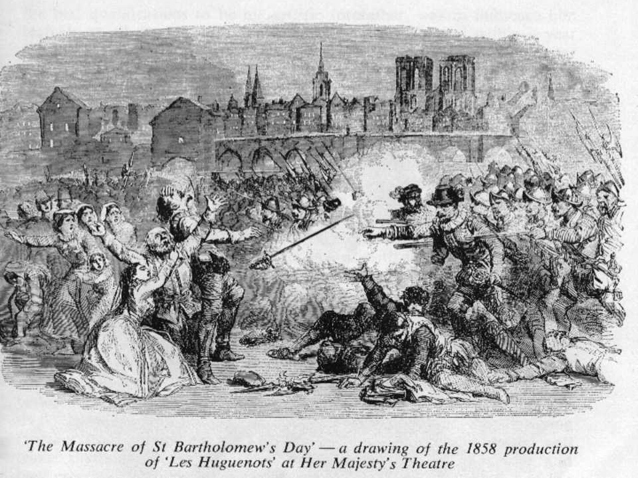


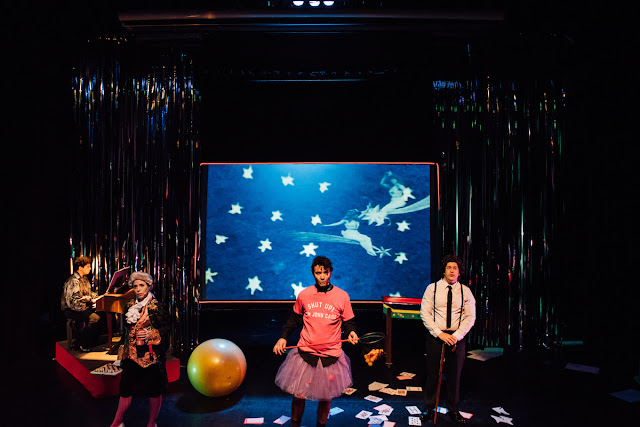
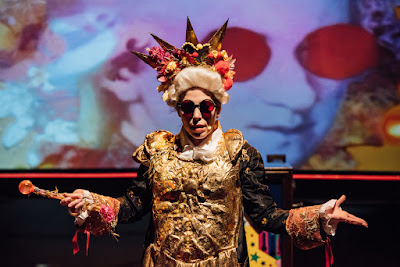



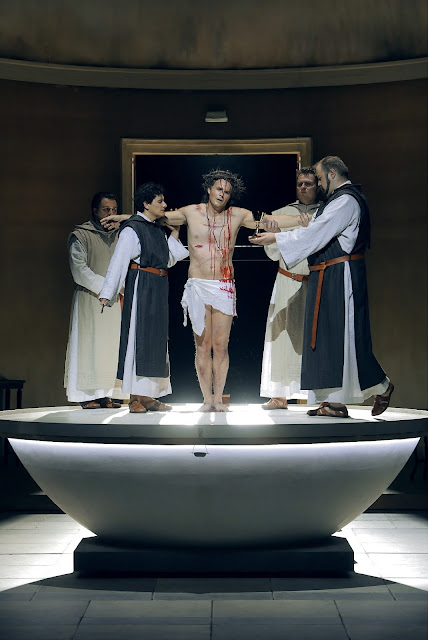



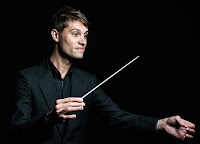
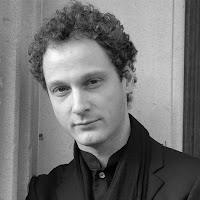











%20Ali%20Wright.jpg)

%20Ali%20Wright.jpg)





